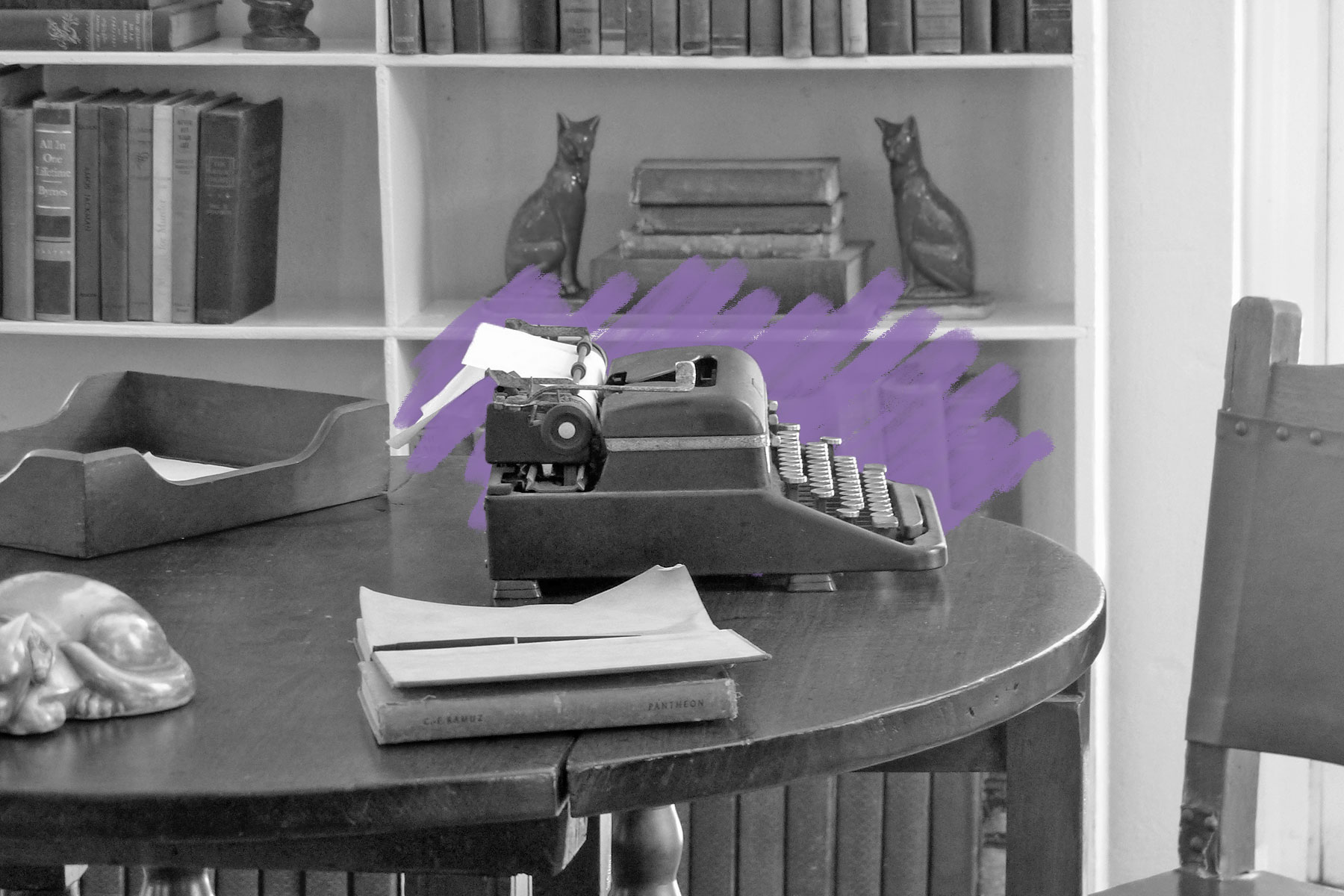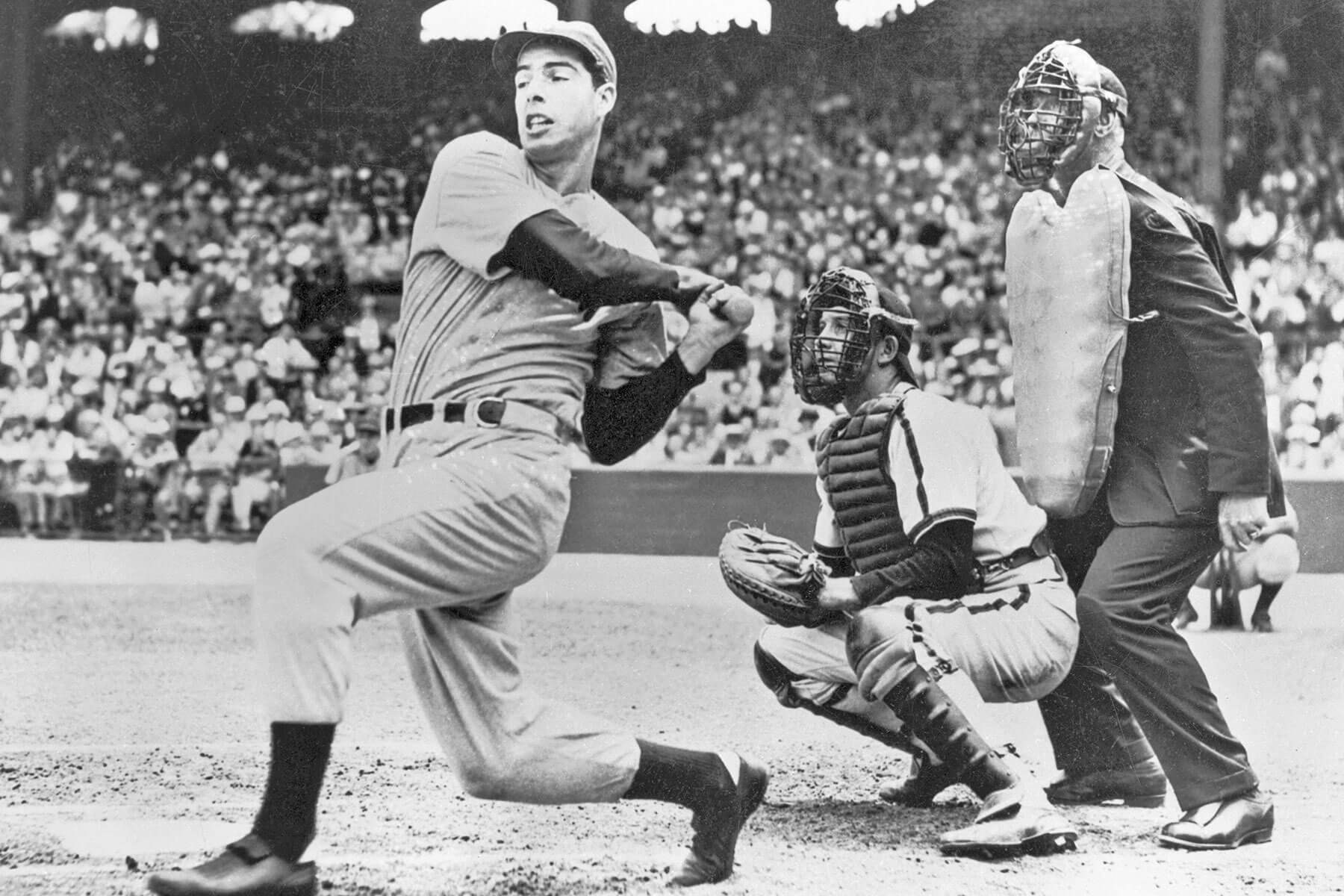| E very writer has their own routine, and it's little surprise that Ernest Hemingway's was as idiosyncratic as he was. The scribe behind A Farewell to Arms and The Sun Also Rises preferred to write in the morning, and did so standing up. This was "a working habit he has had from the beginning," according to The Paris Review, and he might have picked up the habit from his editor, Maxwell Perkins. Though Hemingway preferred pencil, he turned to a tape recorder when he needed to get something down especially quickly, such as dialogue: "When the people are talking, I can hardly write it fast enough or keep up with it," he told The New Yorker in 1950. |
|
| That was usually the second phase of his process. The first was often a rush marked by "paucity of punctuation, very few capitals, and often the period marked with an x," as well as a daily word count, which The Paris Review marked as ranging from 450 on a slow day to 1,250 on an especially productive one. (These were usually followed by a full day of fishing, one of the writer's lifelong pastimes.) That process yielded seven novels, two books of nonfiction, and six short story collections throughout Hemingway's life, with several other works published posthumously. He won the Pulitzer Prize for fiction for The Old Man and the Sea in 1953 and the Nobel Prize in literature the following year, the latter for "his mastery of the art of narrative, most recently demonstrated in The Old Man and the Sea, and for the influence that he has exerted on contemporary style." |













No comments:
Post a Comment